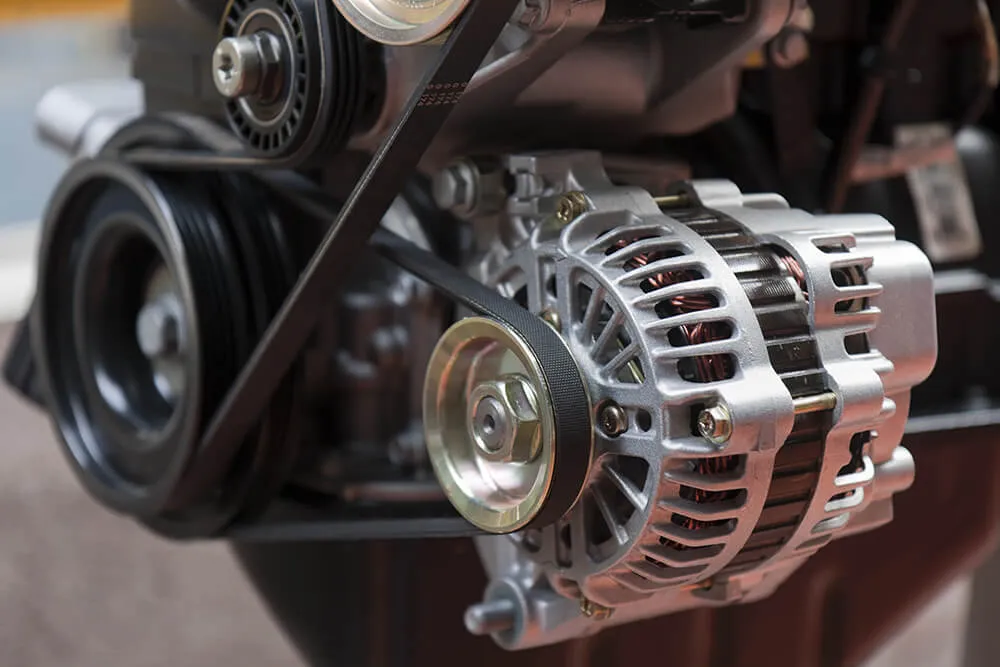Have you ever been driving down the road when your headlights suddenly dim and your radio stops working? Or maybe you’ve experienced the frustration of starting your car, only to hear that dreaded clicking noise. These signs indicate that your alternator may need to be repaired or replaced. While alternator issues can be a headache for car owners, understanding how they work and what to do when they fail can make the repair process much smoother.
What is an Alternator?
Before we dive into repair and replacement options, let’s first discuss what an alternator is and how it works. The alternator charges the battery and powers the electrical system in your car. It’s driven by a belt connected to the engine and generates electricity by moving a magnet and wire coils. An internal voltage regulator regulates the alternator output voltage, ensuring that your car’s electrical components receive consistent power. Without an alternator, your car’s battery would quickly be drained, leaving you unable to start your vehicle.
Common Signs of Alternator Problems
Now that you know what an alternator does, it’s helpful to know some symptoms that can indicate an issue. One of the most common signs is a warning light on your dashboard, which may indicate a problem with the charging system. Other signs include dim or flickering headlights, a weak or dead battery, strange noises from the alternator, and engine problems. If you experience any of these symptoms, have your alternator inspected by a professional.
Alternator Repair and Replacement Options
If your alternator is found to be faulty, you’ll have two main options – repair or replacement. In some cases, a minor repair, such as replacing the voltage regulator or bearings, may be all that’s needed to get it back in working order. However, in most cases, a replacement alternator will be necessary. When choosing a replacement, select a high-quality alternator compatible with your vehicle’s make and model. Many auto shops offer remanufactured alternators, often a more affordable alternative to brand-new parts.
Preventing Alternator Problems
Of course, the best way to avoid alternator issues is to prevent them from happening. Regular maintenance-checking the condition of your battery and alternator, inspecting belts for wear, and ensuring proper fluid levels-can go a long way in keeping your charging system working properly. Additionally, avoiding heavy electrical usage when the engine isn’t running, such as leaving your lights or radio on while parked, can prolong the life of your alternator.
The alternator is a crucial component of your car’s electrical system, responsible for powering everything from the headlights to the radio. Understanding how it works and the signs of potential issues can help you take action before a complete failure occurs. Whether you need a simple repair or a complete replacement, working with a trusted auto repair professional can ensure your car is back up and running as soon as possible. And with regular maintenance, you can help avoid alternator problems altogether.

